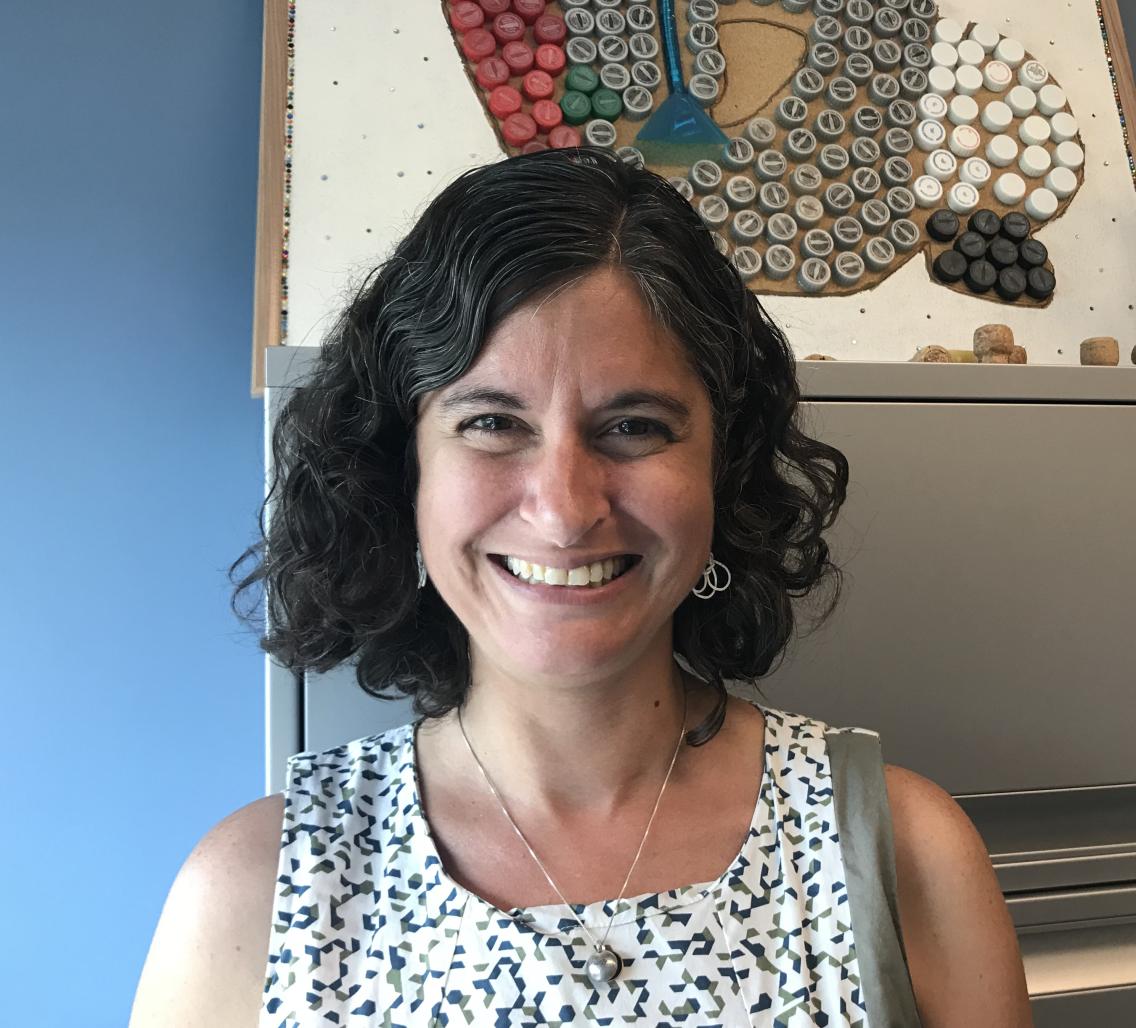Event Details:

Wu Tsai Neurosciences Institute Seminar Series Presents
Susanne Ahmari, PhD
Director, Translational OCD Laboratory, University of Pittsburgh
Host: Rob Malenka
Abstract
Compulsive behaviors are a central component of Obsessive Compulsive Disorder (OCD), as well as prominent, disabling, and notoriously-treatment resistant symptoms of many severe psychiatric disorders, including autism, schizophrenia, and addiction. Although OCD symptoms have been broadly linked to abnormal activity in cortical-basal ganglia circuits via human imaging studies, we still have a limited understanding of how maladaptive repetitive behaviors are encoded in the brain. Our lab is using novel technologic approaches and statistical strategies that allow us to address this topic by determining: 1) which neural circuits underlie maladaptive repetitive behaviors, 2) how these behaviors are encoded in the brain, and 3) when the neural code changes as these behaviors develop and resolve. Using transgenic OCD mouse-models and healthy control mice combined with in vivo optogenetics, electrophysiology, and microscopy, we are now identifying the specific activity patterns, cell-types, and circuits responsible for the development of abnormal repetitive and compulsive behaviors. I will discuss both these mechanistic studies in mice, as well as our interdisciplinary efforts to ground our basic neuroscience experiments in findings from clinical studies.